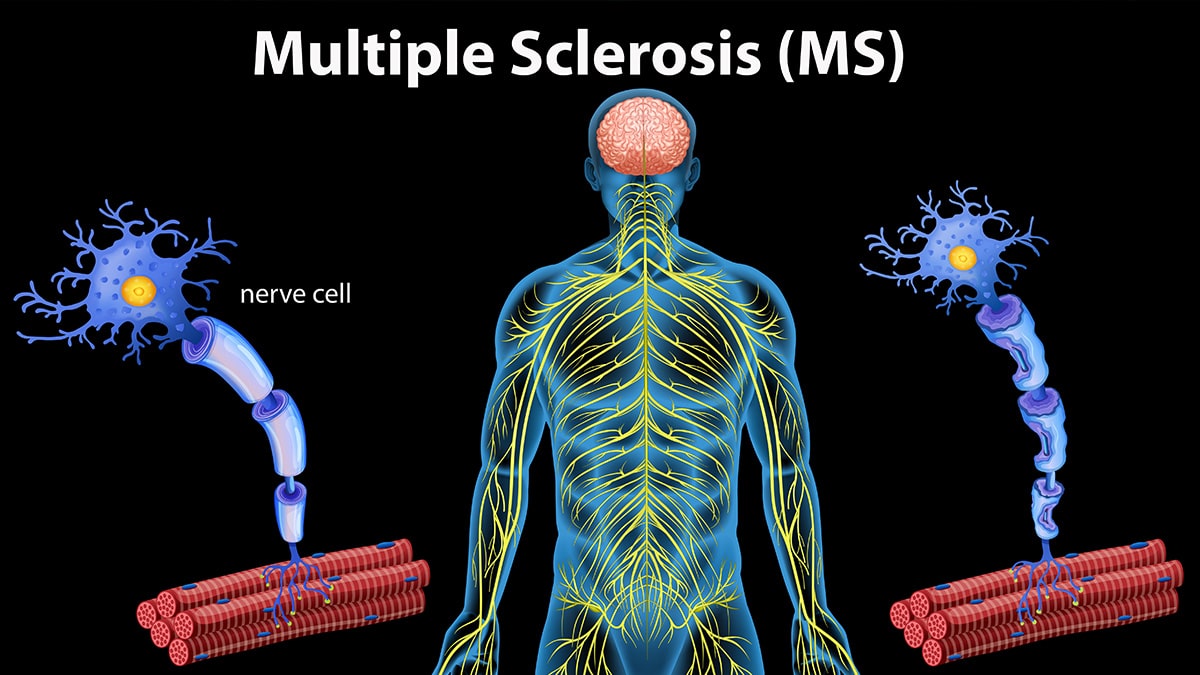Introduction
Multiple Sclerosis (MS) is a chronic autoimmune disease that affects the central nervous system. It occurs when the immune system mistakenly attacks the protective sheath (myelin) that covers nerve fibers, leading to communication problems between the brain and the rest of the body.
Benefits of Understanding Multiple Sclerosis
Having a comprehensive understanding of multiple sclerosis can empower individuals to make informed decisions about their health and treatment options. By being aware of the symptoms and progression of the disease, individuals can take proactive steps to manage their condition effectively.
Detailed Explanation of Multiple Sclerosis
Multiple Sclerosis is characterized by a variety of symptoms, including fatigue, numbness or weakness in one or more limbs, tremors, poor coordination, and impaired vision. The severity and progression of the disease can vary widely among individuals, making it crucial for patients to work closely with healthcare providers to develop personalized treatment plans.
Frequently Asked Questions About Multiple Sclerosis
1. What are the common symptoms of Multiple Sclerosis?
Common symptoms of multiple sclerosis include fatigue, numbness or weakness in limbs, tremors, poor coordination, and vision problems.
2. How is Multiple Sclerosis diagnosed?
Diagnosis of multiple sclerosis typically involves a combination of medical history assessment, neurological examinations, MRI scans, and other tests to rule out other conditions with similar symptoms.
3. What treatment options are available for Multiple Sclerosis?
Treatment for multiple sclerosis focuses on managing symptoms, slowing disease progression, and modifying the immune response. Common treatment options include disease-modifying therapies, corticosteroids, physical therapy, and lifestyle modifications.
4. Can diet and exercise help manage Multiple Sclerosis?
Adopting a healthy diet rich in fruits, vegetables, and lean proteins, along with regular exercise, can help individuals with multiple sclerosis manage their symptoms, improve mobility, and enhance overall well-being.
5. Is there a cure for multiple sclerosis?
While there is currently no cure for Multiple Sclerosis, ongoing research is focused on developing new treatments and therapies to improve symptom management and quality of life for individuals living with the disease.
Conclusion
In conclusion, Multiple Sclerosis is a complex and unpredictable disease that requires a multidisciplinary approach to treatment and management. By staying informed about the symptoms, diagnosis, and treatment options available, individuals can take an active role in managing their condition and enhancing their quality of life. Remember, each individual’s experience with multiple sclerosis is unique, so it’s essential to work closely with healthcare professionals to develop a personalized care plan tailored to your specific needs.

